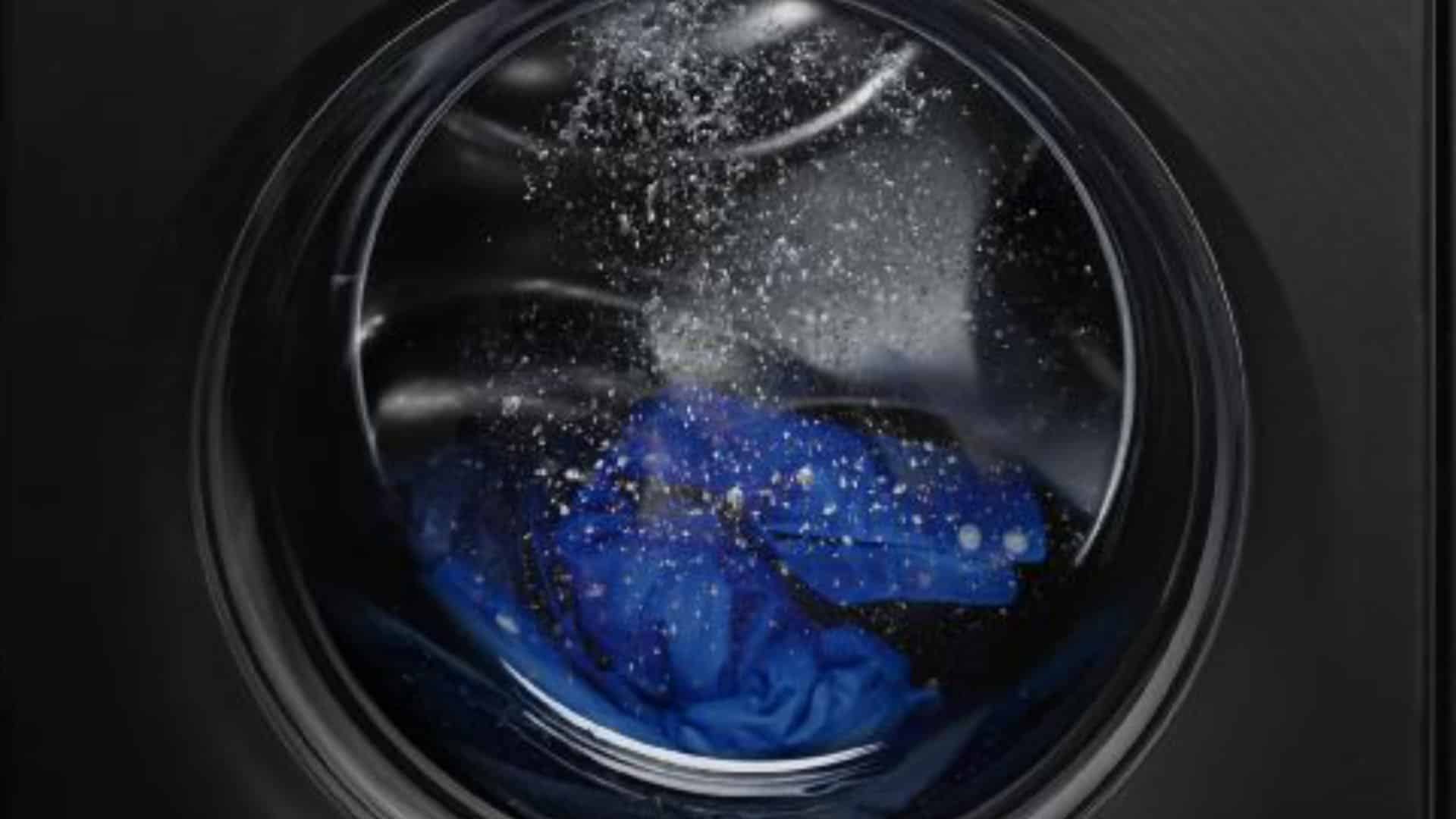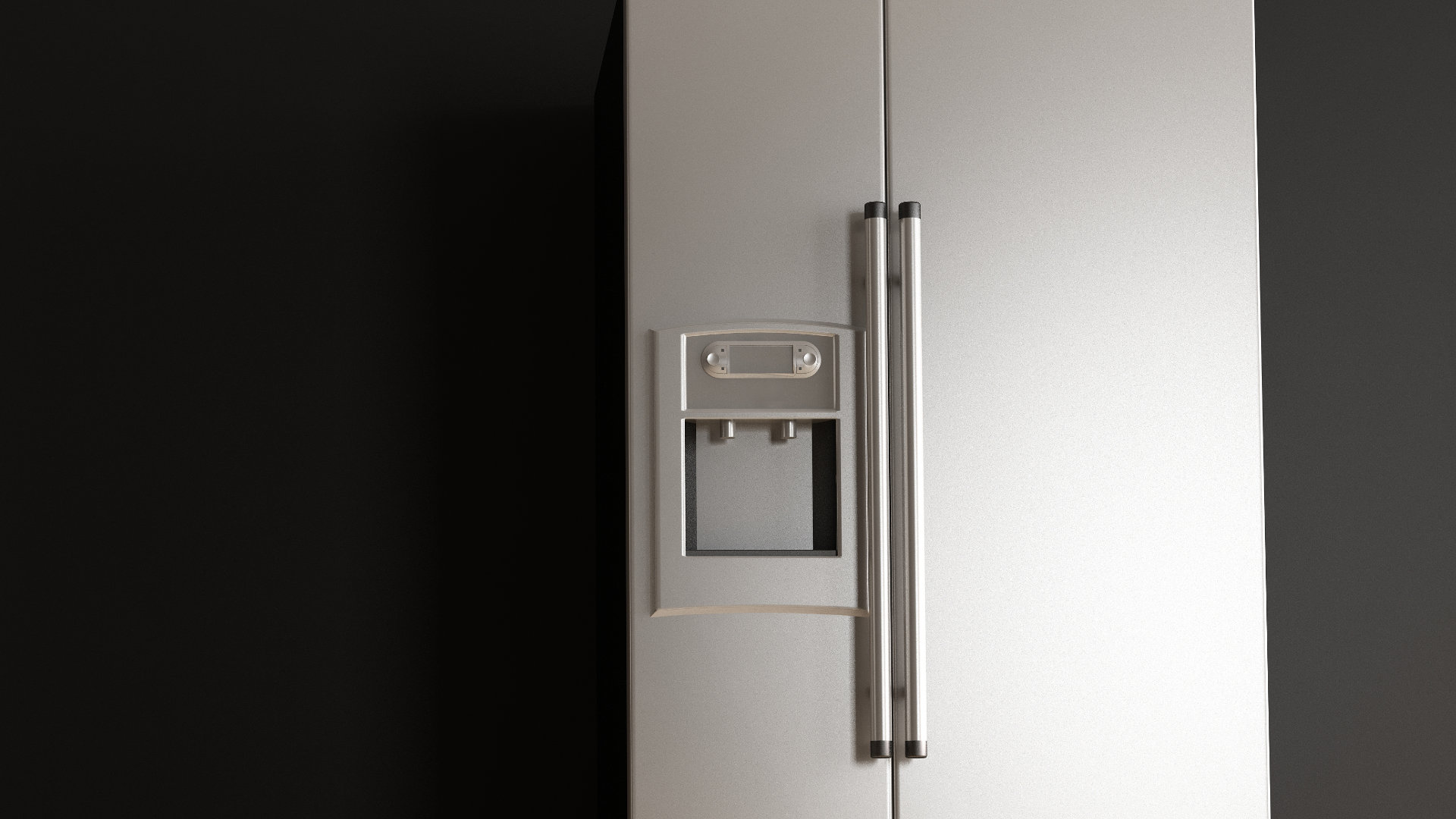
The refrigerator’s compressor is often called the heart of the appliance, as it is responsible for pumping refrigerant throughout the system to cool everything in the refrigerator. If your compressor is bad or failing, you will most likely need to buy a new compressor or refrigerator, as repairing a compressor is usually not an option (at least not an easy, safe, or cost-effective option).
So, how can you tell if your refrigerator compressor is bad?
To break it down, you likely have a bad compressor if:
- The compressor starts making an unusual or loud noise when running
- The compressor turns on and off too frequently
- The compressor turns off prematurely
- The refrigerator is not cooling
- The compressor overheats
- Your electricity bills are too high
Read on to properly identify the issue and learn how to fix it.
But first…
What causes the compressor to go bad?
Refrigerant issues
For the compressor to work properly, it needs refrigerant, which it compresses to cool the refrigerator. If the refrigerant becomes contaminated or if there is too much or too little, the compressor will not be able to effectively do its job.
Refrigerant leaks happen when there is a puncture, while refrigerant contamination occurs when moisture gets into the refrigerant system. Too much refrigerant can cause the refrigerant to return to the compressor in liquid form, which damages the compressor.
Dirty condenser coils
Condenser coils are usually located underneath or at the back of the refrigerator. The condenser coils work by having the condenser fan blow air over the coils to help produce cold air for the refrigerator.
The location of the coils and the fan blowing outside air over the coils means that it is easy for the condenser coils to become covered in dust, pet hair, and dirt. It also does not help that most people are unaware that condenser coils need to be cleaned every now and then.
When the condenser coils are dirty, they cannot work as well, so the compressor needs to work harder to cool the refrigerator, which, over time, damages the compressor.
Compressor coils can be cleaned with a compressor coil cleaning kit or by accessing the coils and cleaning them with a vacuum attachment.
Power surge
A high-voltage power surge, such as a lightning strike, causes an excessive amount of electricity to surge through the refrigerator and “fry” refrigerator components, such as the compressor and its start relay.
Wear and tear
Like all mechanical components, the compressor can fail because of natural wear and tear. However, most compressors are built to last a long time, so if the refrigerator is less than five years old, it is unlikely to be wear and tear that has caused the compressor to fail. Bad compressors will usually continue to work to some degree for years after they begin failing; the tradeoff is your refrigerator will likely become very noisy and inefficient.
How to tell if your refrigerator compressor is bad
Safety warning
Compressor testing, repairs, and replacement should be left to a qualified technician that specializes in compressors and handling refrigerants. This is because refrigerant gas is dangerous and able to cause an explosion, while also being harmful to the environment if released. Depending on the refrigerator, replacing the compressor may also require welding.
1. Compressor noise
Perhaps the biggest tell-tale sign that your compressor is bad is the noise it will make. You should be familiar with the normal hum of the compressor, the increased humming or buzzing noise you hear when the compressor turns on sporadically throughout the day to cool down the refrigerator.
When the compressor is failing, the noise it makes becomes much more noticeable, perhaps even reaching a level where you can hear it from different rooms throughout your home. A failing compressor may also make a knocking sound whenever the compressor turns on or off.
The loud humming or buzzing sound usually means the compressor motor is failing, while a knocking sound indicates the compressor motor is not secure within the compressor, which causes the knocking sound.
When your compressor makes noises like this, it becomes a question of how much noise you can put up with, how effective the refrigerator still is, and whether it is more cost-effective to replace the compressor or buy a new refrigerator. If you do not like these options, a trained technician may be able to fix the compressor, but it is unlikely and probably not worth it.
2. Compressor struggles or turns off prematurely
Another cause of compressor problems is when the compressor’s start relay is defective. When working normally, the start relay provides power to the compressor. If the start relay is not working properly, the compressor may struggle to work, not work at all, or turn off prematurely. If you notice the compressor seems to work sometimes but the refrigerator is not very cool, the start relay likely needs to be replaced.
The good news is the start relay can be replaced relatively easily and without too much expense. To check if the start relay has failed, you can remove and shake it. When you shake the start relay and hold it close to your ear, you should not hear any rattling. If there is a rattling noise, the start relay needs to be replaced.
The start relay can be accessed by disconnecting the power to the refrigerator and removing the rear access panel to locate it.
3. Compressor overheats
Determining if your compressor is overheating will depend on the type of compressor you have, its age, and its design. Some compressors may get hot when operating normally, while others may only seem warm.
While compressors should be warm, even hot, the heat it omits should not be excessive. It is not uncommon for compressors to reach 300 degrees Fahrenheit; however, if it gets hotter than that, the refrigerant starts to break down and damage the compressor.
Overheating is caused by too much or too little refrigerant or a defective compressor that will need to be replaced. A qualified refrigerant technician will be able to check the refrigerant levels and determine if the compressor needs to be replaced or if it can be repaired.
4. High electricity bills
One final sign that your compressor is bad is if your electricity bills are particularly higher. A defective compressor will require much more electricity than normal as it struggles to keep the refrigerator cool. If your bills are higher and you are noticing any of the symptoms above, it’s possible the compressor has failed.
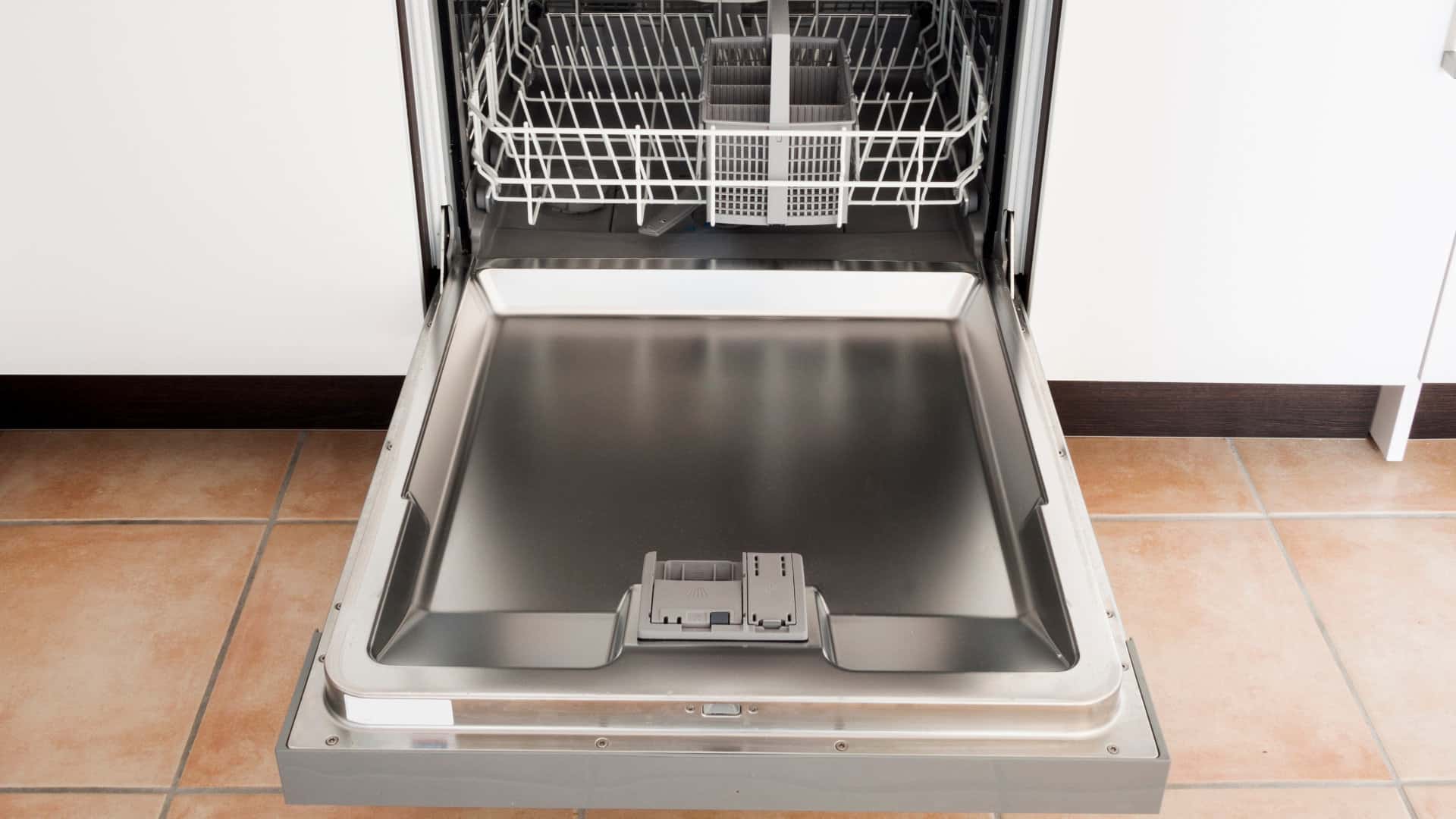
How to Resolve the Bosch Dishwasher E15 Error Code
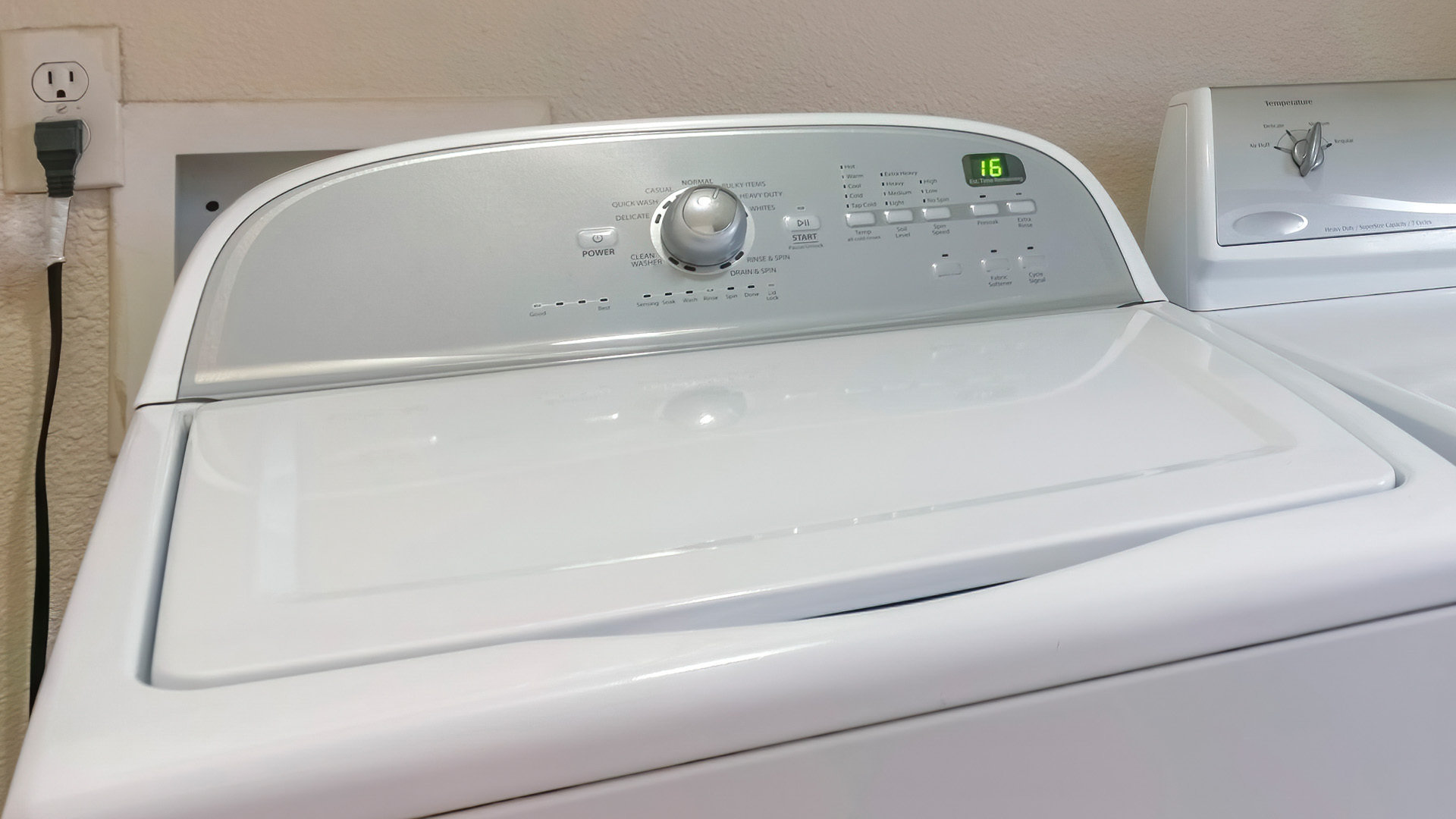
How to Balance a Washing Machine (5 Quick Tips)
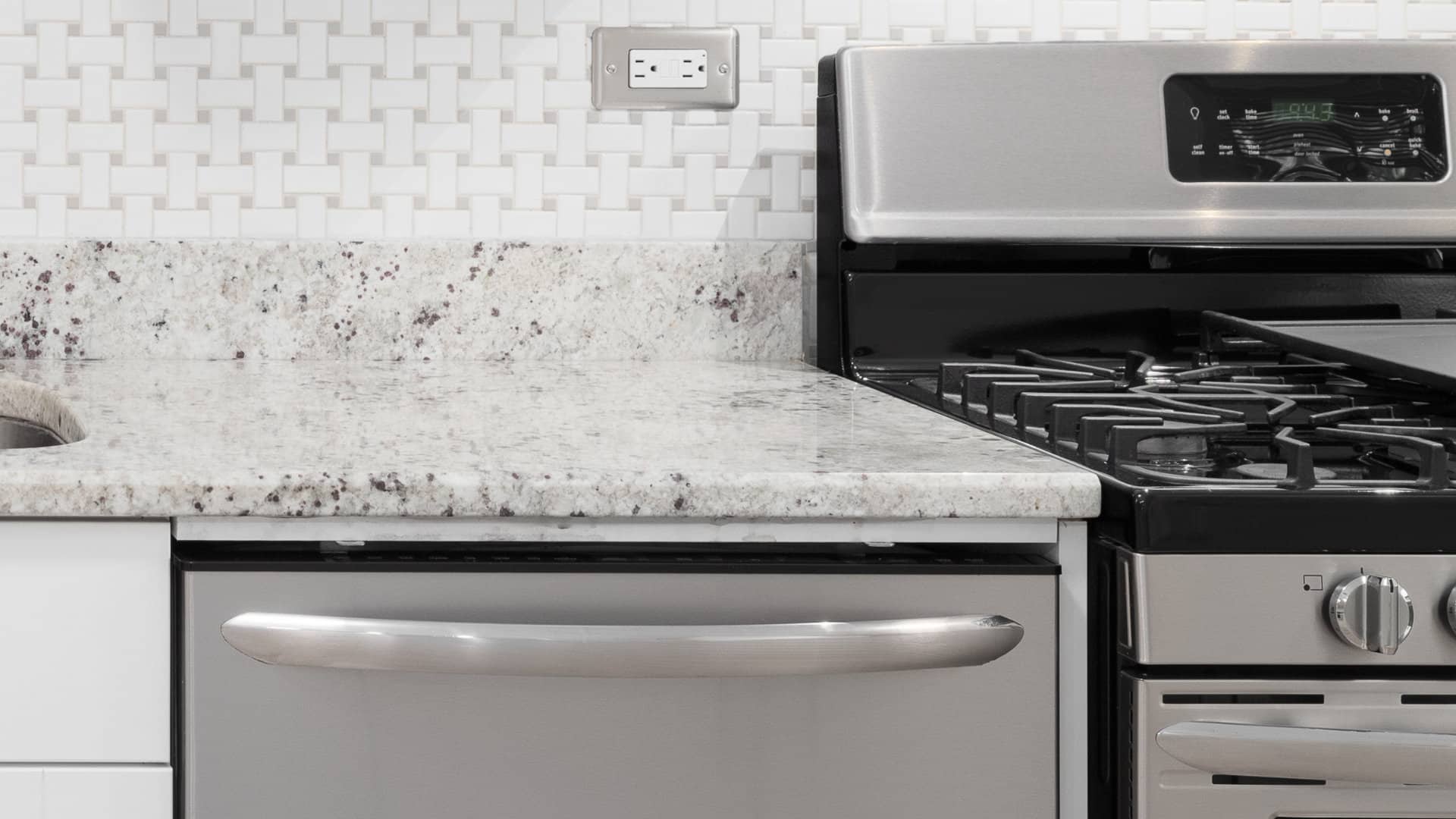
Solutions for a Frigidaire Gas Stove Oven Failure
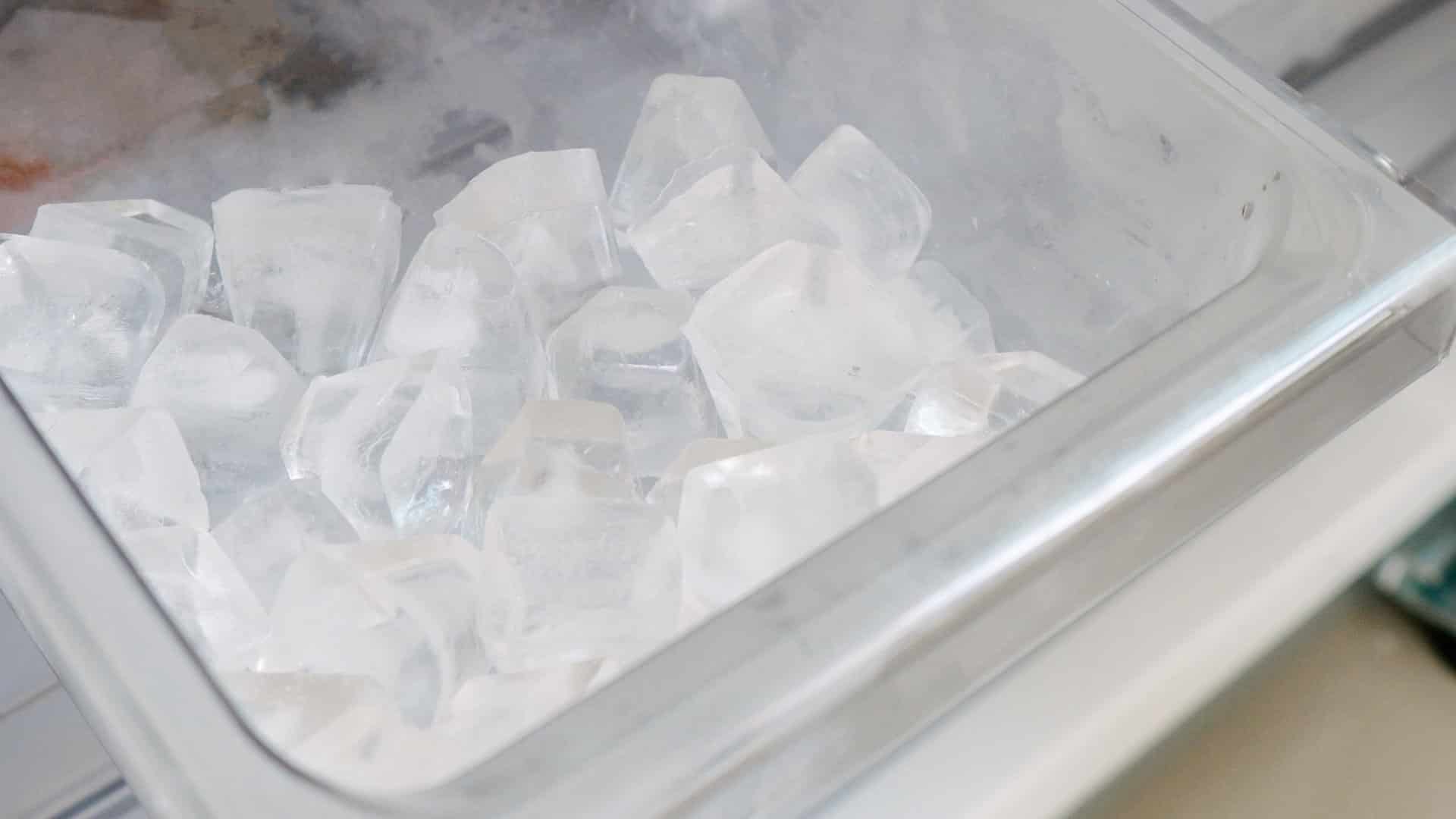
How to Fix a GE Ice Maker Not Working (Quick Fixes)
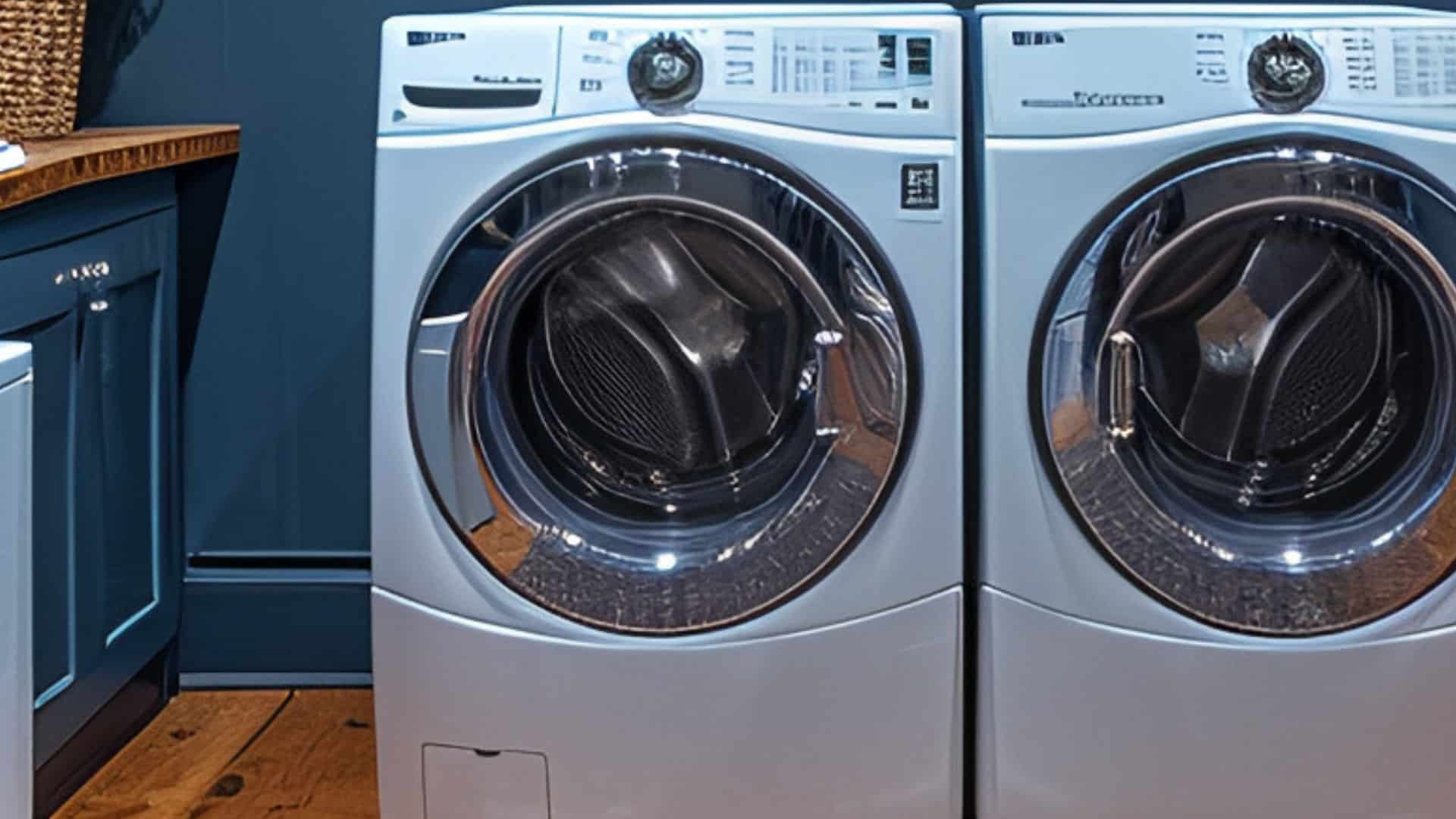
How to Fix the Electrolux Dryer Error Code E64
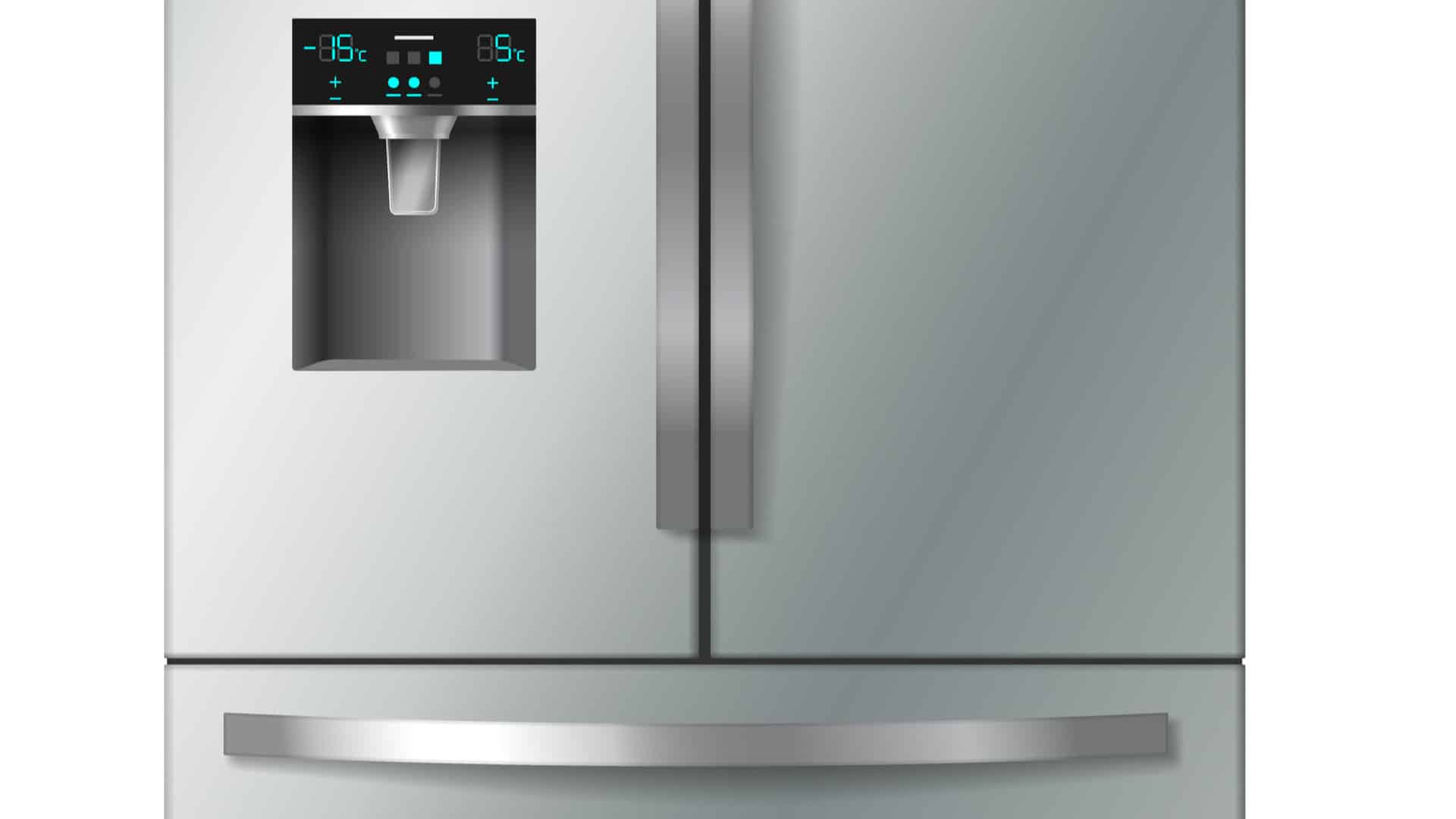
Is Your Whirlpool Ice Maker Not Working? Here’s Why

Can Styrofoam Be Microwaved? (Safety and Risks)
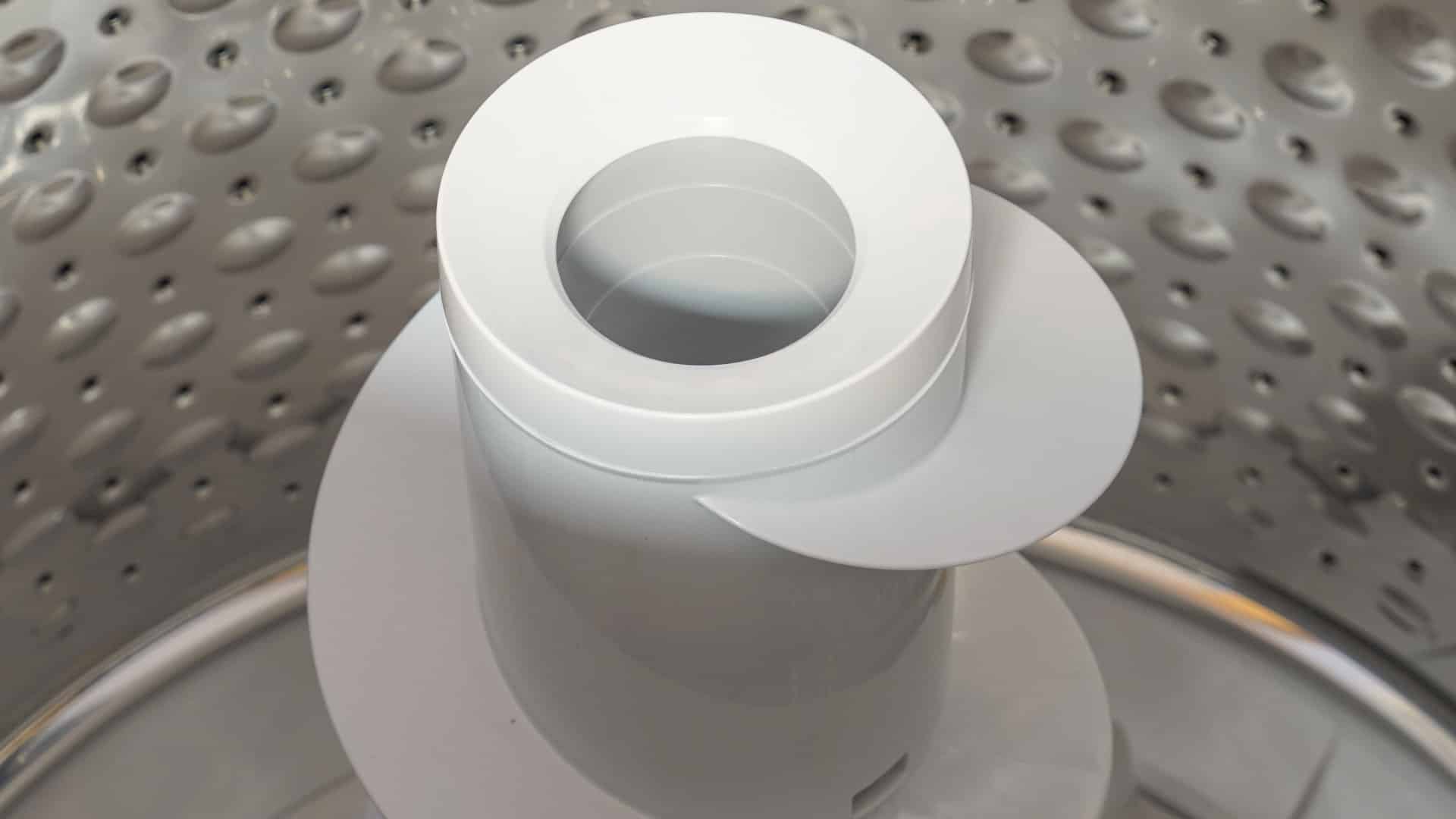
Agitator vs. No Agitator Washer: What’s Best?
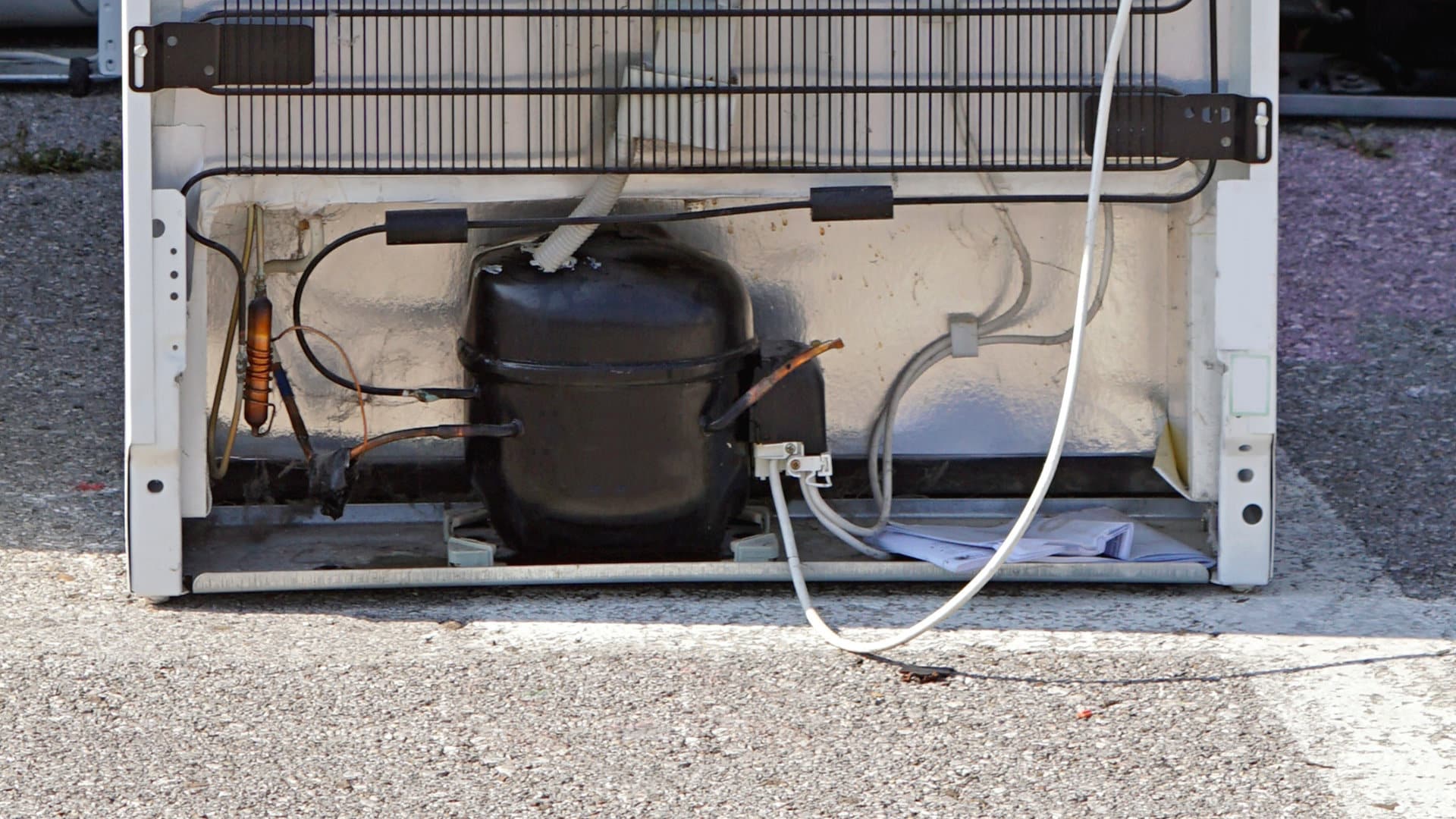
Why Is Your Refrigerator Compressor Hot? (6 Potential Causes)
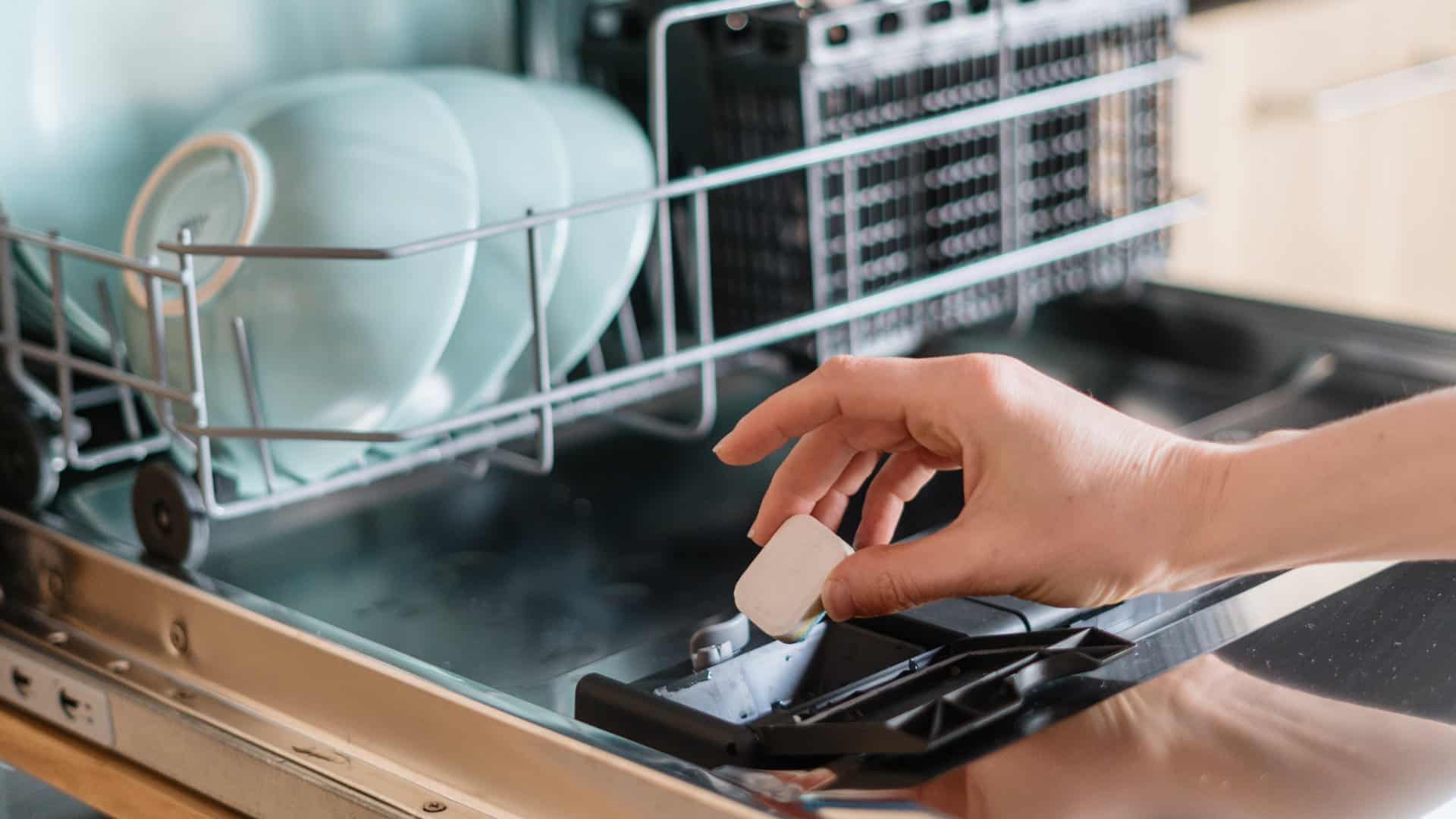
How to Use Dishwasher Pods
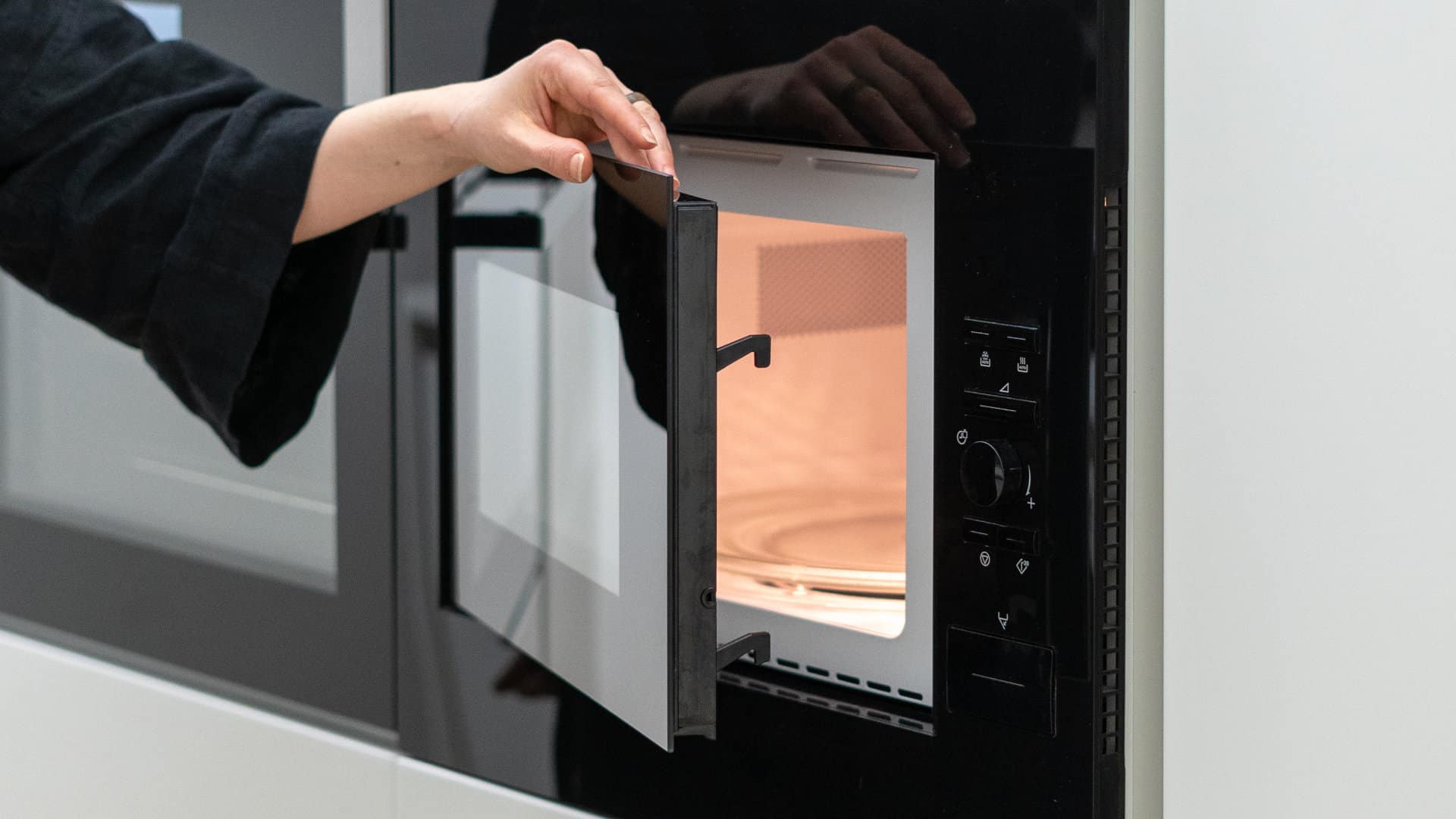
How to Unlock Your Microwave
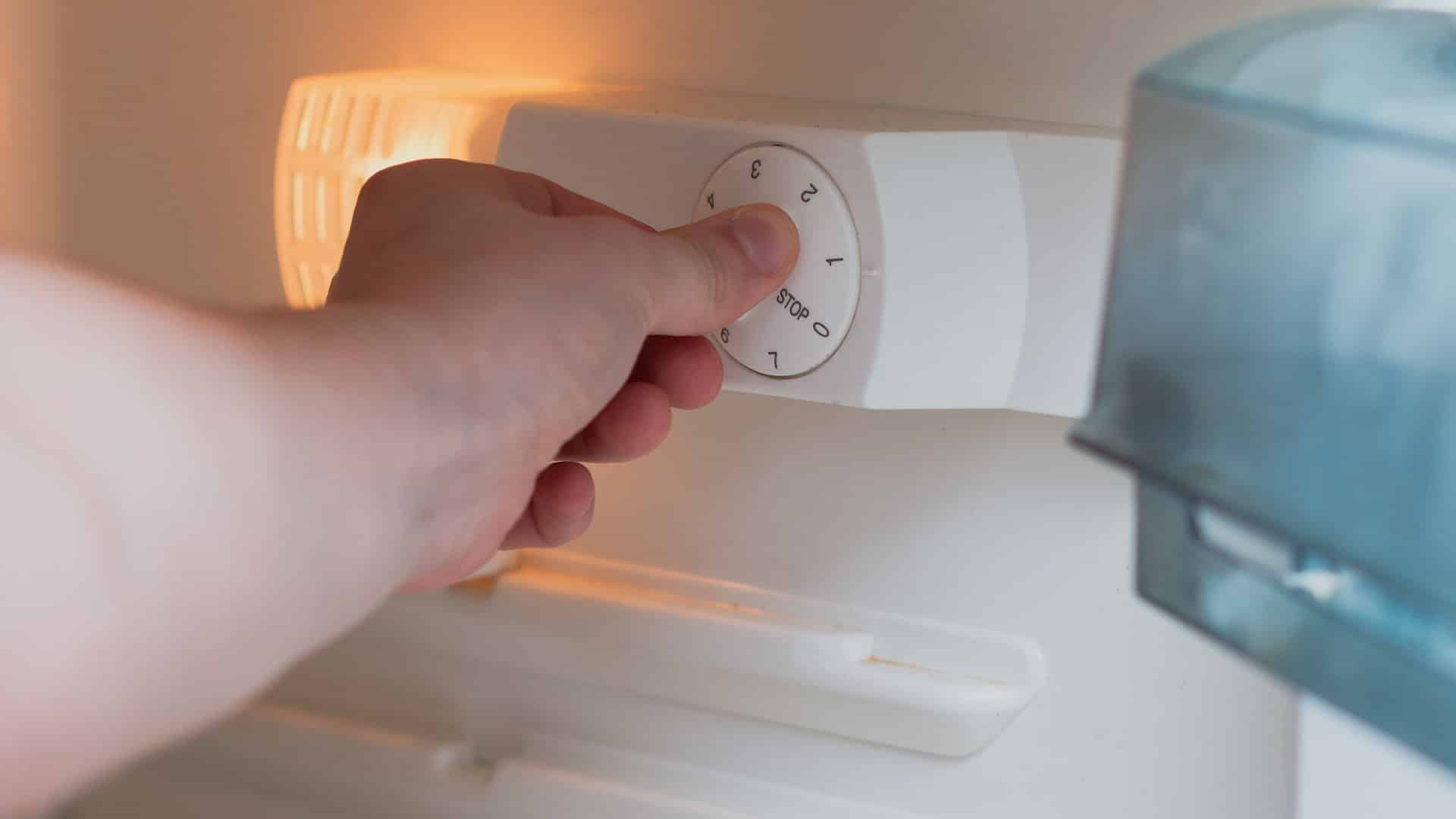
How Many Watts Does a Refrigerator Use?
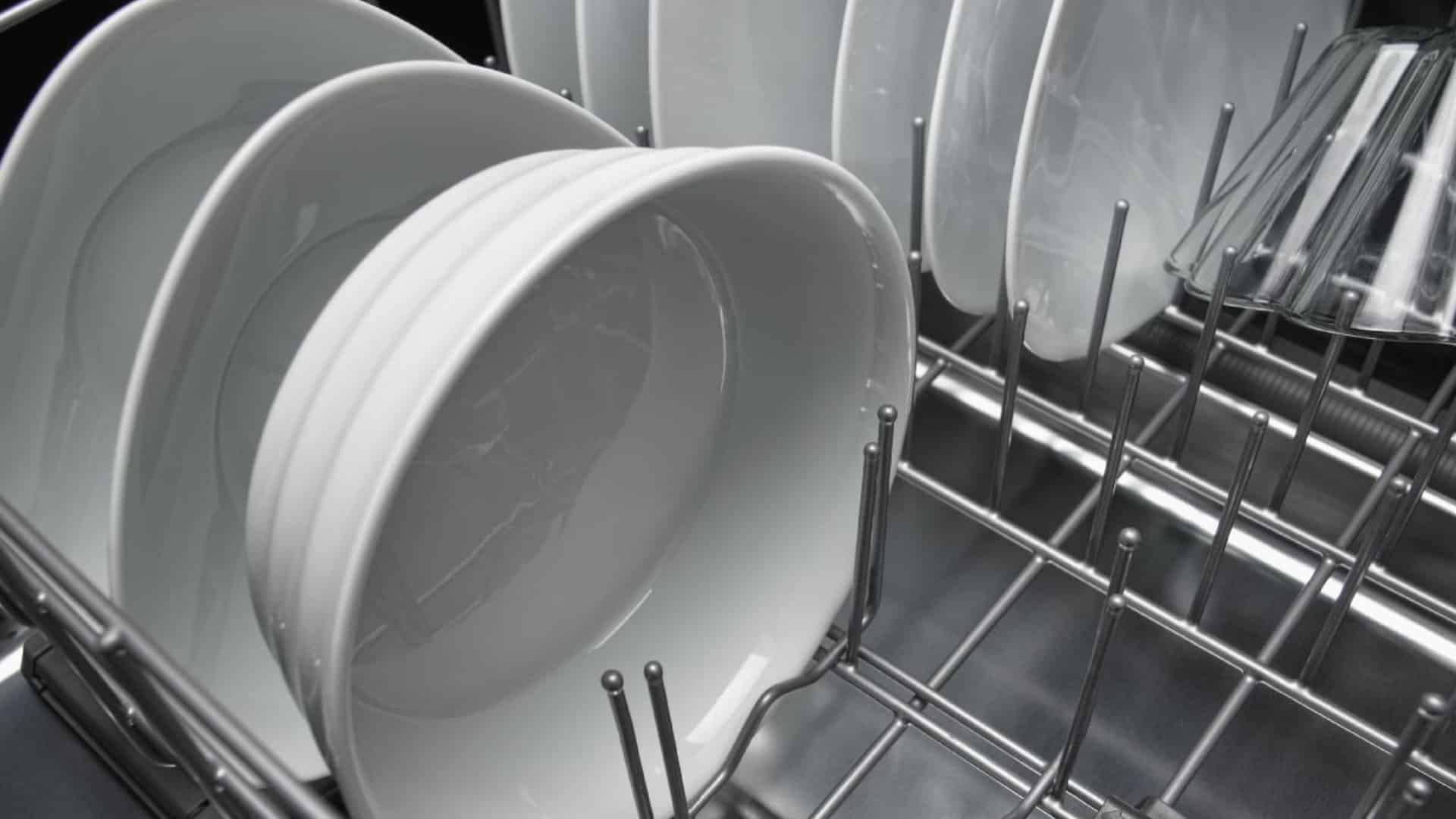
How To Fix a KitchenAid Dishwasher That Isn’t Draining
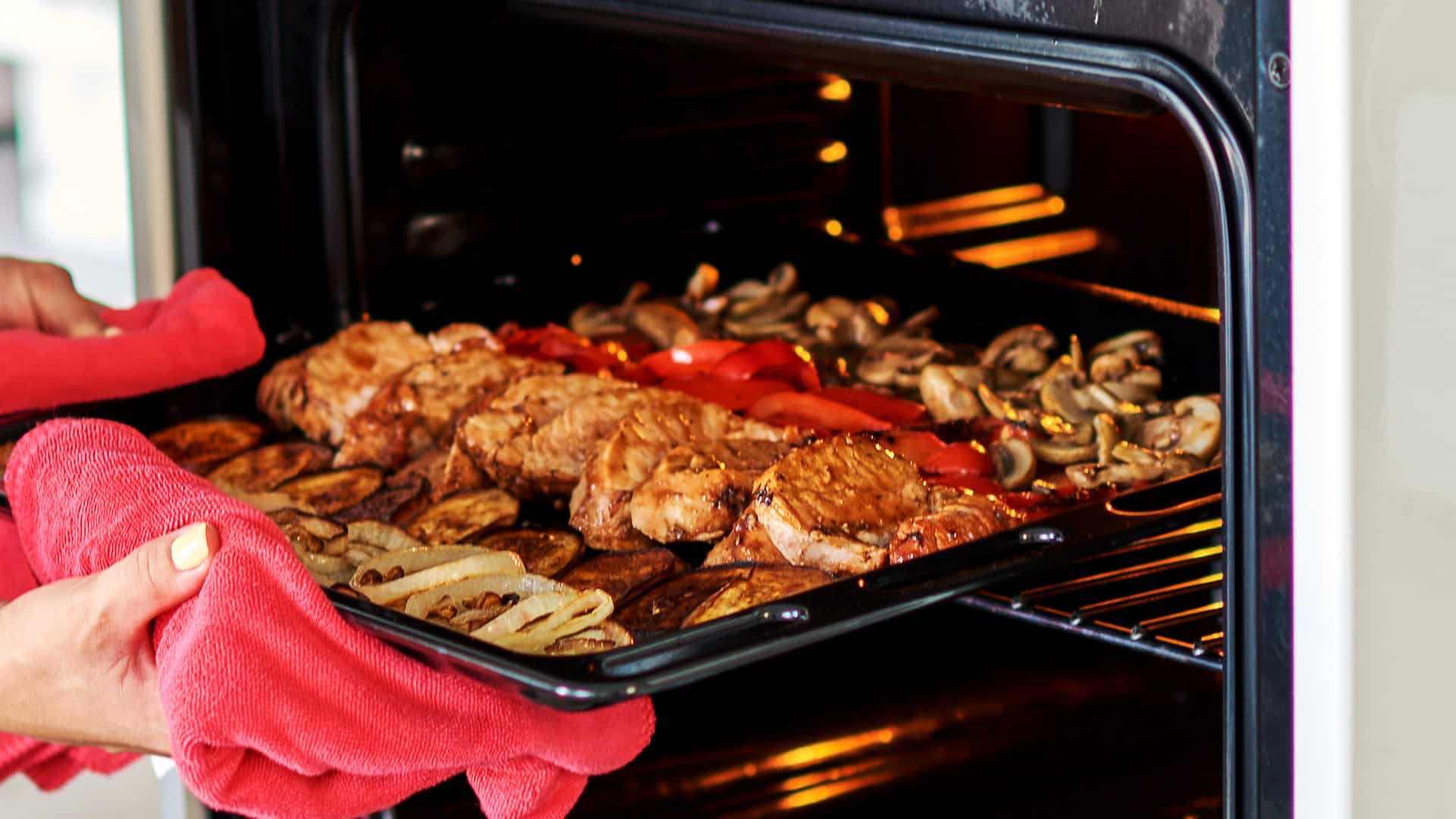
GE Oven F2 Error Code: Causes & Solutions
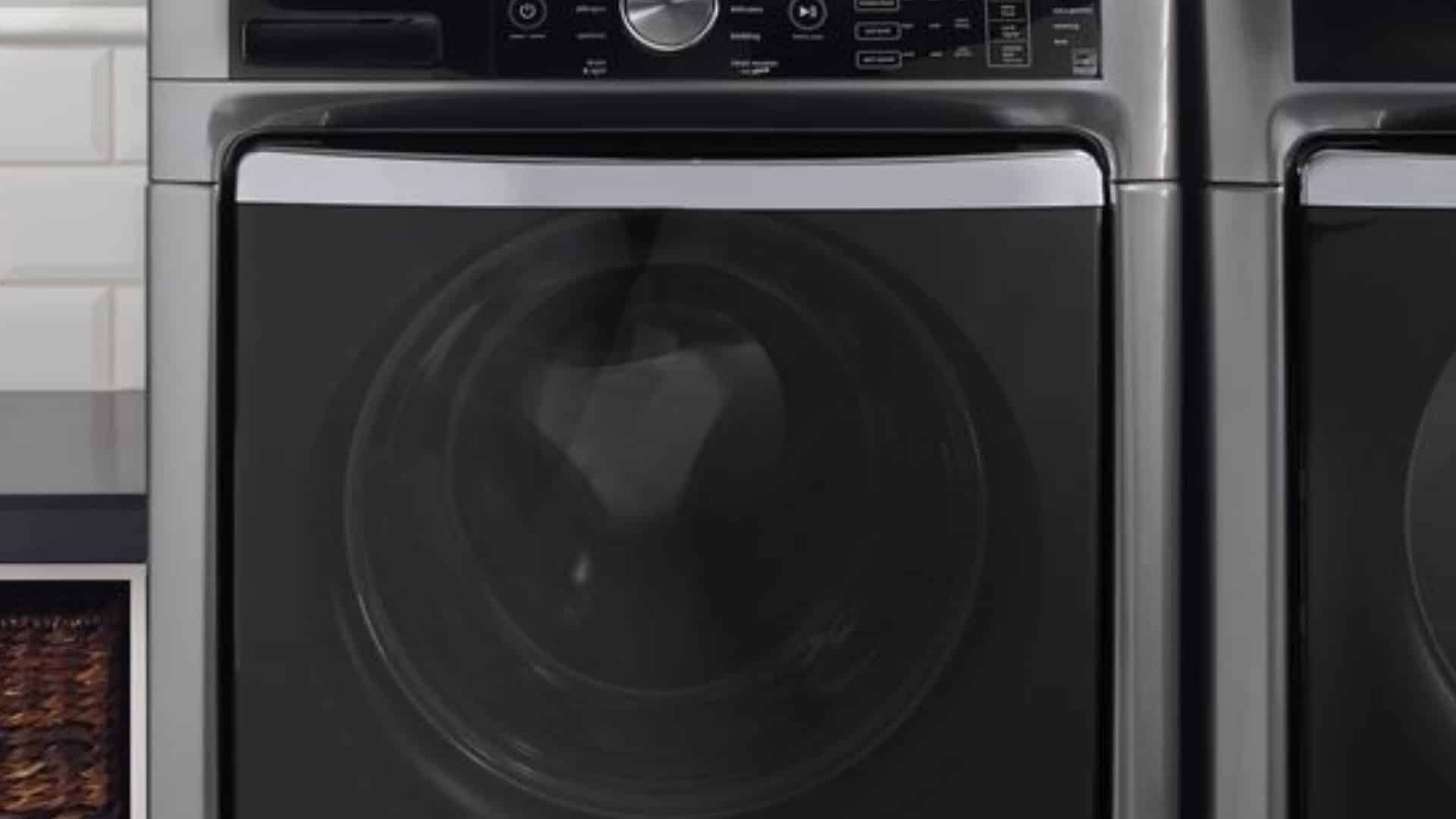
Maytag Washer Not Spinning? 5 Simple Solutions

Why Is Your Refrigerator Not Cooling?
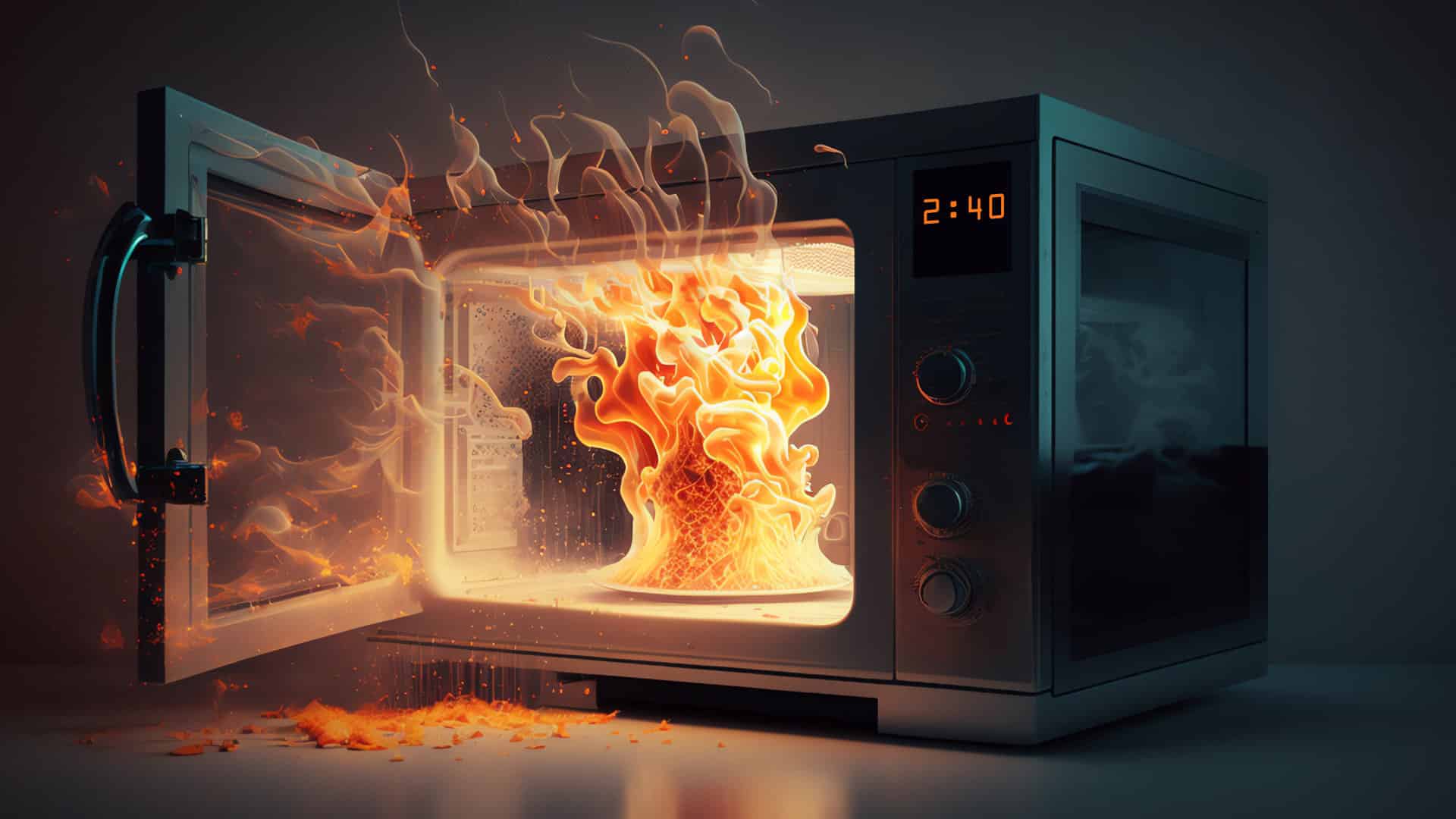
How to Get Rid of Burnt Smell in Microwave
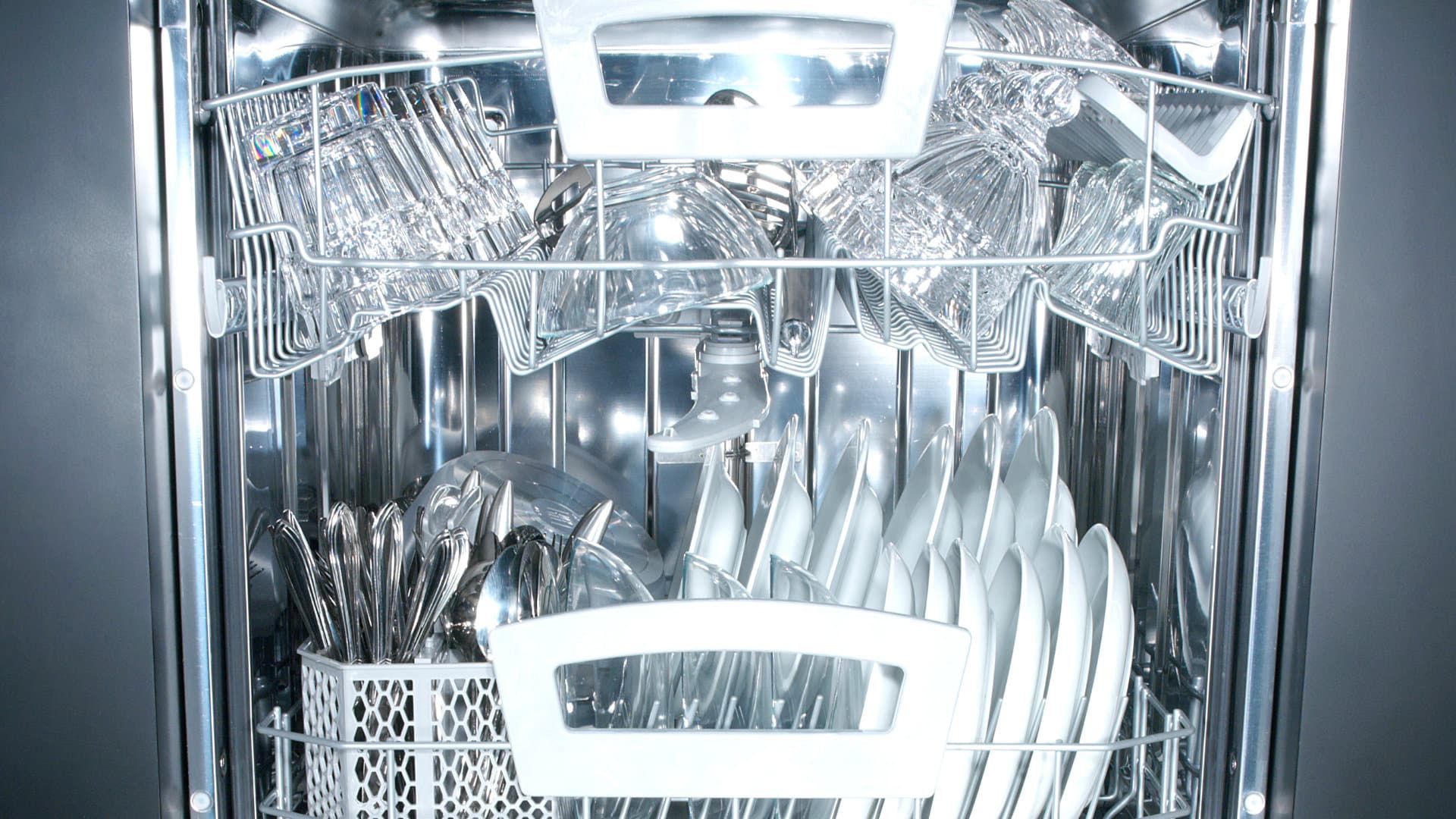
How to Fix a Dishwasher Not Cleaning Properly
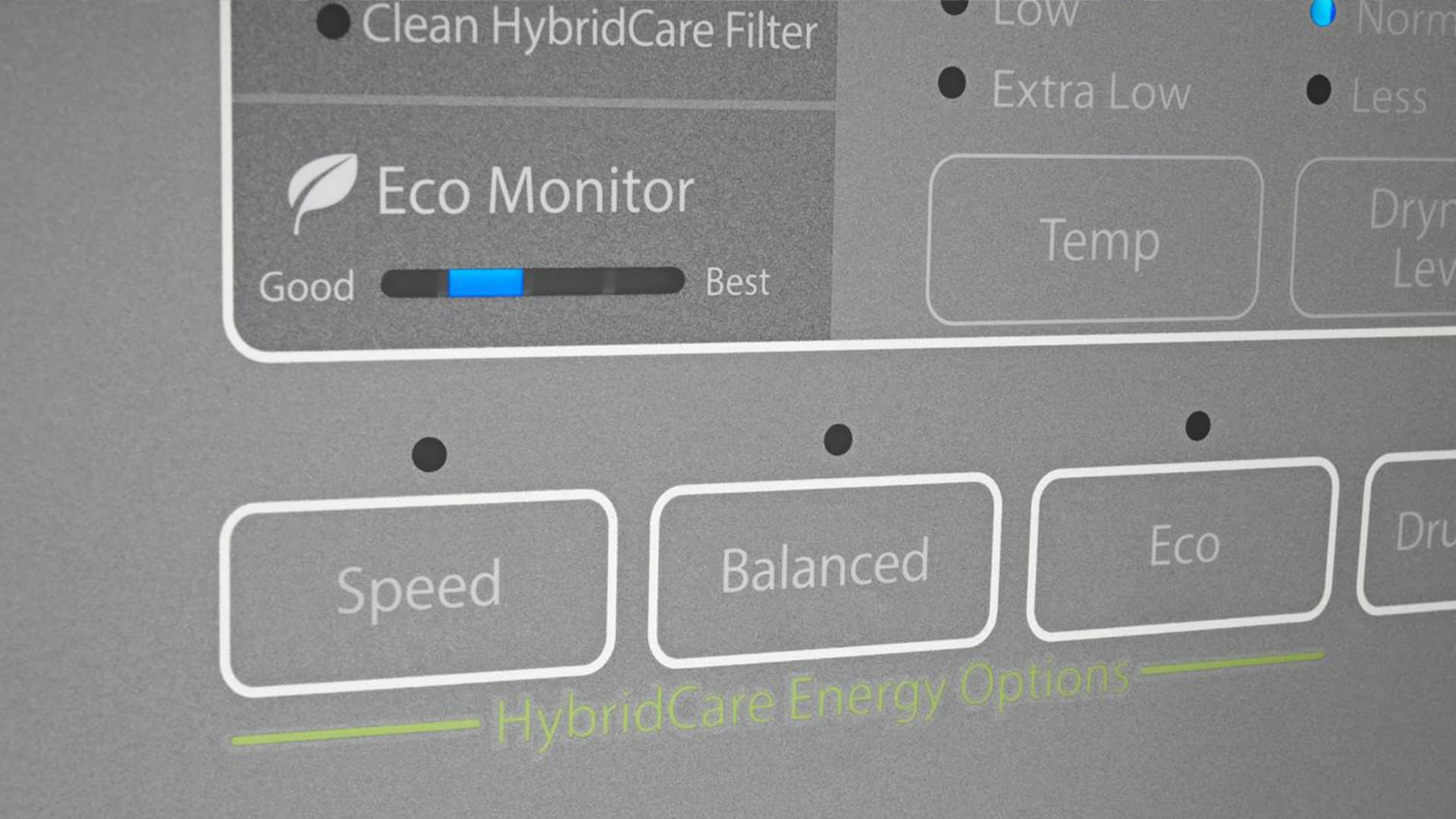
How Much Energy Does My Dryer Use?
